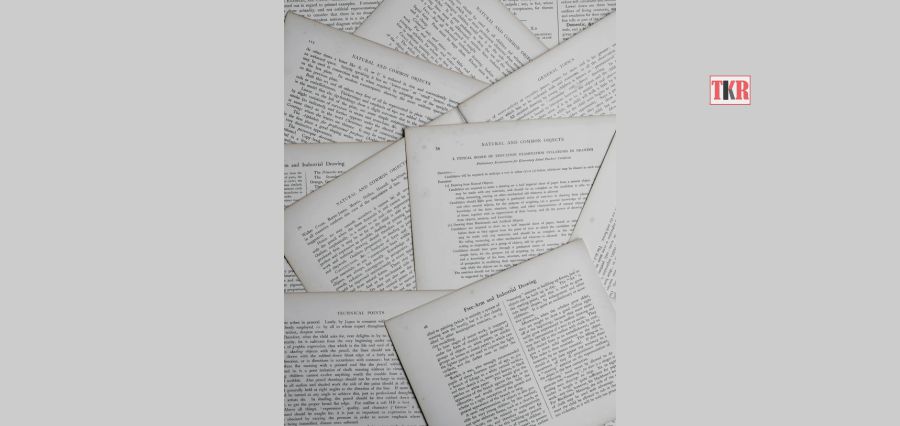The chorus of demands for scientific publishers to loosen their restrictions and allow researchers to freely communicate and reuse their results is growing louder. 880 European universities, research organisations, and science funders have signed a new declaration urging publishers to allow researchers to deposit accepted manuscripts in an open repository.
In their statement, members of the European University Association (EUA), Science Europe, and CESAER – a non-profit association of Europe’s leading science and technology universities – point out that scholarly publishers still require authors to sign exclusive publishing agreements that include re-use restrictions and embargoes on depositing their work in open access repositories.
The joint statement, which was released on May 25th, expresses specific worry about some publishers’ “unclear and opaque communication and procedures,” and advises them to update their “outdated” systems.
The statement reads that if a publisher or platform decides to require writers to sign away their rights, they should explain this clearly and publicly so that researchers may make informed decisions. More broadly, it argues that platforms and publishers should make it common practise to allow researchers to publish their findings – including data and digital assets – while preserving ownership of their work.
The signatories to the declaration support those who are experimenting with various models for open dissemination of research, such as cOAlition S – a group of national funding agencies formed to manage the open-access publishing effort Plan S.
“It is time to make open access a permanent feature of the research system,” stated EUA’s president, Michael Murphy. “Researchers must be empowered through the freedom of choosing where and how they publish their findings. And this choice must include self-archiving their work in repositories to ensure green open access,” he added.
Marc Schiltz, president of Science Europe, emphasised that even after peer review, an article is the authors’ intellectual creation. He remarked that publishers have no legal authority to impose ownership rights transfer or limits on any type of manuscript; publisher-imposed embargo periods appear hopelessly archaic in light of the current pandemic.
Image credits – Annie Spratt/unsplash.com









